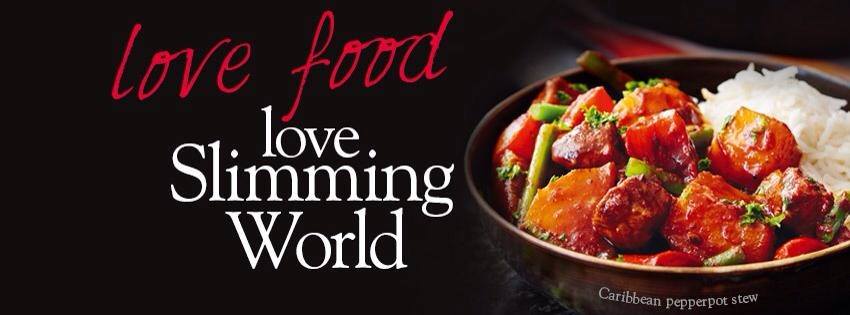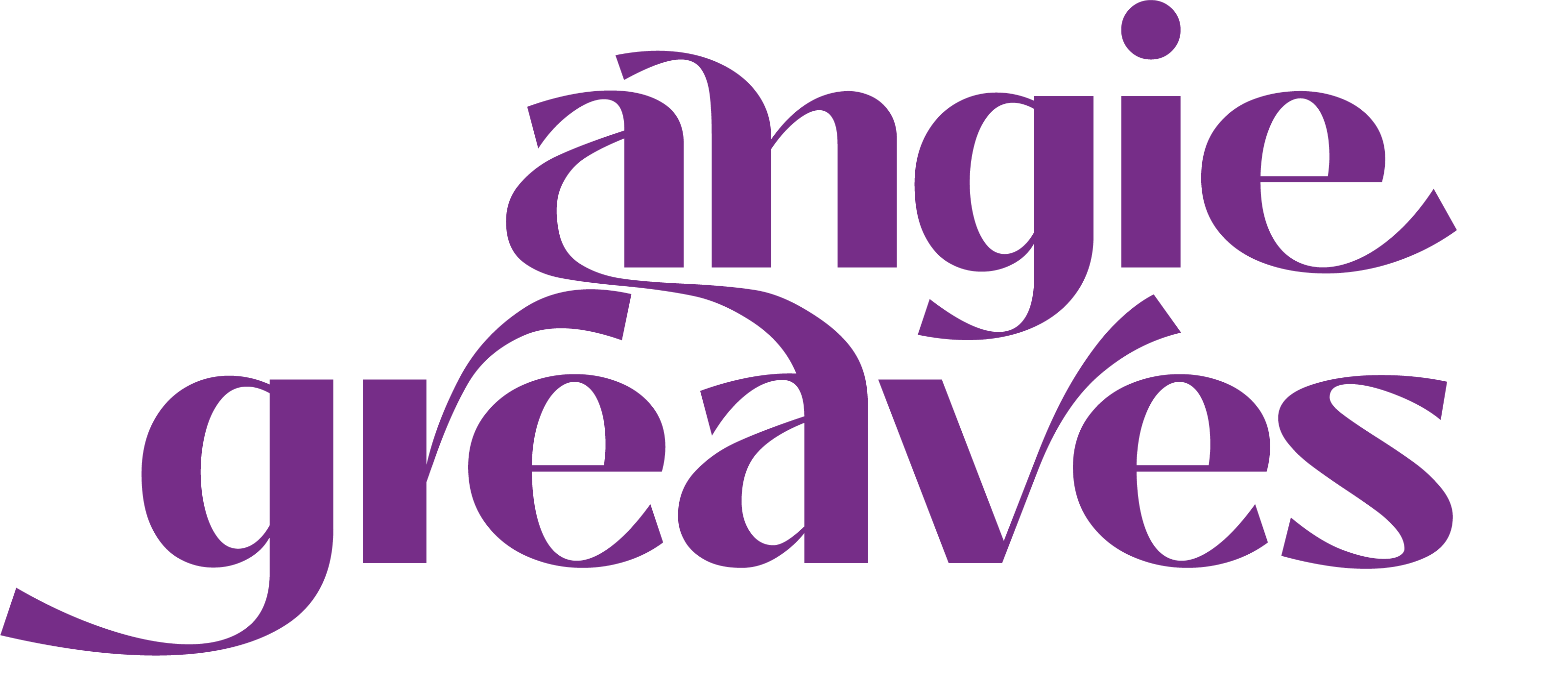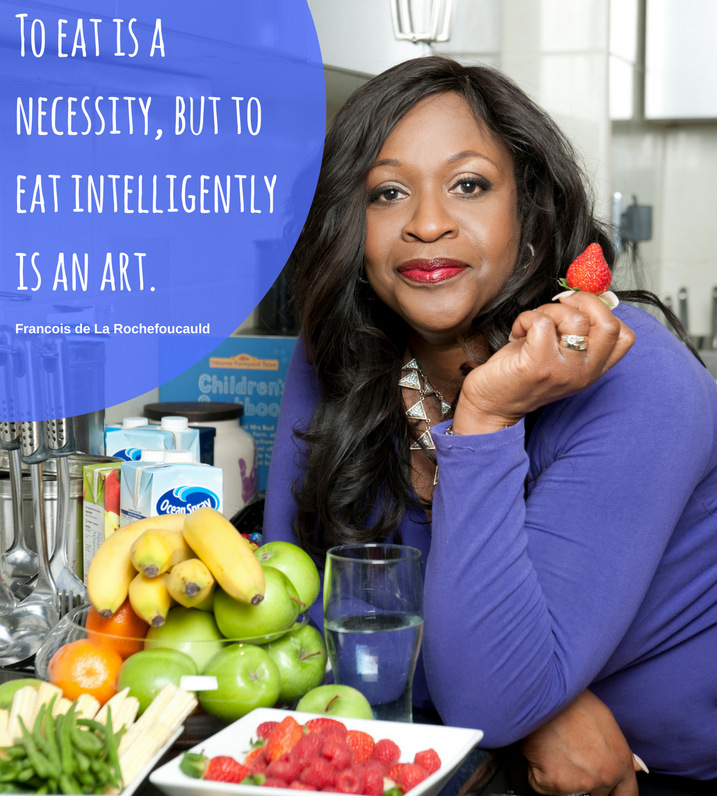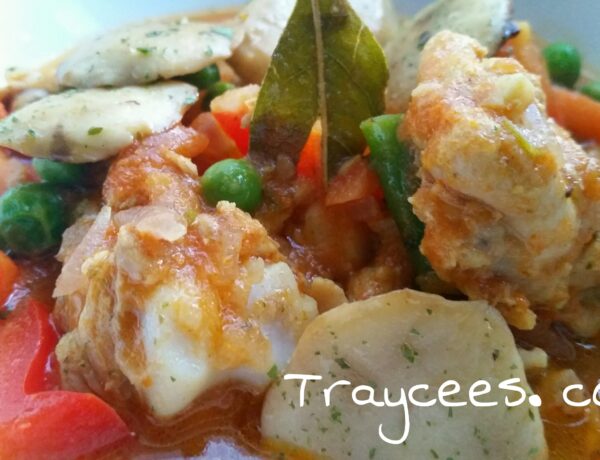Last week it was Eat What You Want Day. This week it’s National Vegetarian Week. It seems every time you turn around it’s another day dedicated to food. Talking about food, thinking about food, posting pictures of our food. It’s everywhere!
The newest fad diet, the next cleanse, the breakthrough juicer that is guaranteed to make you healthier, the newest powder or diet supplement promising fantastic results. It’s enough to make your head spin.
While some of these products do what they promise, unfortunately many of them do not. We live in a quick fix/hurry up/instant results society and we expect the same with our food and food planning.
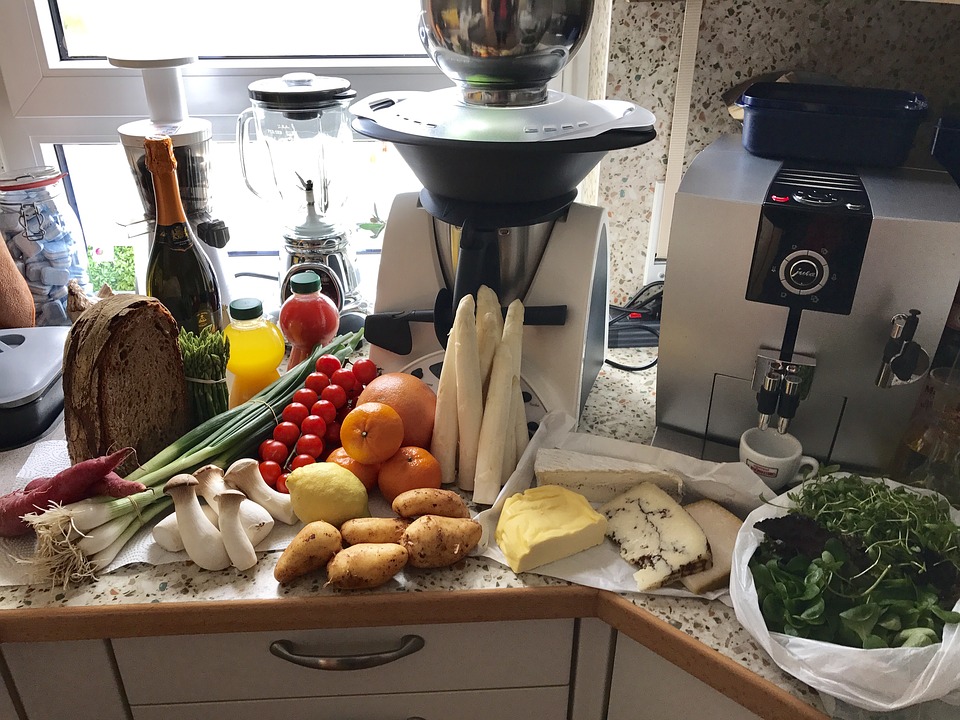
I’m going to tell you the truth here… There is no easy way out. No quickie diet or magic pill or powdery substance that will instantly make you healthy and skinny. We have to change the way we look at food. Instead of glorifying it and making online social media shrines to our lunches filled with greasy burgers and gooey cakes, we need to get smart and get better informed. Now, trust me, I’m not saying you shouldn’t indulge every once in a while but I AM saying don’t be fooled.
Fooled by who? By the multi-million dollar advertising gurus who are promising you the world. There are tons of food myths that have been perpetuated by the food industry that wreak havoc on food plans across the world. Remember the fat-free craze? Yeah, that’s one of them.
So I’m here to give you the skinny on some of the myths/fads/crazes that I see circulating around about foods.
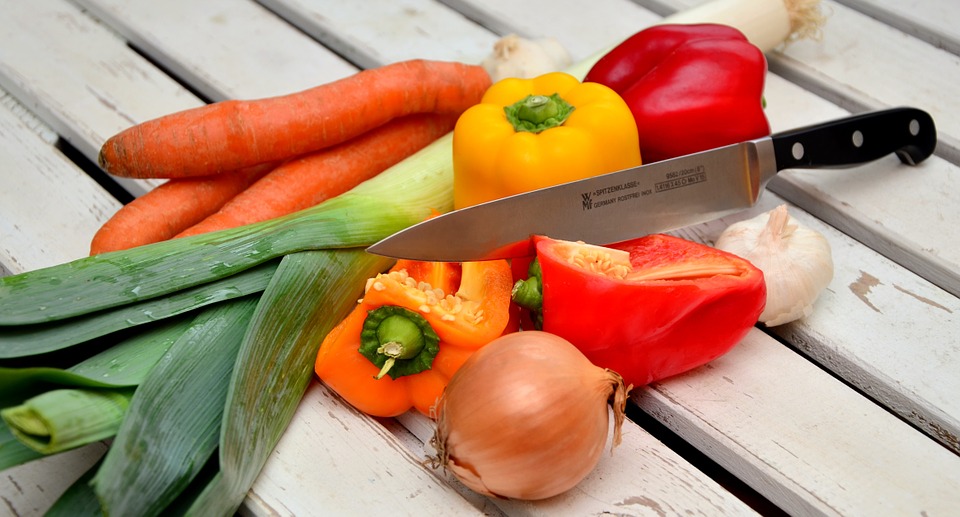
Juicing.
While the fruits and vegetables contained in juices are heart-healthy, the process of juicing concentrates calories, which makes it is much easier to take in too many. Eating whole fruits and vegetables is a much better way of getting the juice you need.
Put it this way… it takes about 5-6 medium oranges to make one glass of orange juice. You’re getting all the sugars and carbohydrates of multiple oranges without all the fibre to balance it. Would you eat 5 or 6 oranges at one sitting?
The process of breaking down a fibre-rich whole fruit or vegetable in the digestive and intestinal tract is beneficial for health. Therefore eating whole fruits and vegetables is a healthier option than drinking fresh juice or a smoothie. Juicing in great, BUT you miss out of the fibre benefits from the fruit and/or veg. Juicing is also perfect if you live in sunnier climes like the Caribbean or LA (where juicing is a way of life), as the natural Vitamin D is in rich supply.
Gluten.
People who have coeliac disease or other gluten sensitivity must avoid gluten—wheat, barley and rye. For patients who don’t have any gluten sensitivities, many of the claims for health benefits of a gluten-free diet are just not accurate.
All gluten-free foods are not created equally, and some aren’t good for you. Gluten-free breads and baked goods may still use nutrient-poor, refined flours and be high in sugar. If wheat products don’t make you feel bad, then not eating them isn’t going to make you healthier.
Eggs and cholesterol.
Eggs have gotten a bad rap for years; the latest research shows that they don’t actually contribute to high cholesterol. In fact, eggs are an ideal source of many nutrients, including zinc and iron, antioxidants lutein and zeaxanthin, vitamin D, and the brain-boosting chemical choline. The best way to keep cholesterol in check by monitoring saturated fat in your diet.
Vegetable oils.
You’ve all heard that vegetable oils are good and butter is bad. We’re told, even by the government, to use vegetable, seed and bean oils (soybean, corn, safflower, canola). The idea that vegetable oils are better than saturated fats (mmmm butter) comes from the belief that they lower cholesterol, so they presumably reduce our overall risk of heart disease.
Research is showing that it’s best to use olive oil when you can and skip the canola. Eat the healthy fats like almonds, fish, walnuts, and yes grass fed butter. Yes… BUTTER!
Berries and antioxidant supplementation.
Fruits and vegetables are the healthiest and most beneficial source of antioxidants. Period.
All those antioxidant wonder pills simply just don’t deliver. Matter of fact they can actually harm you. They may actually be linked to an increased risk of dying while taking them. Yes. Dying. Read about it here.
Natural antioxidants = good. Antioxidant supplements = not so good. So eat berries not pills.
Nuts.
Nuts are excellent sources of protein and other nutrients, but you’ve got to watch your portions. Harvard researchers found that women who ate that amount about five times a week were 20 percent less likely to develop type 2 diabetes than those who didn’t eat them as often. Additionally, several large studies have found that a regular intake of nuts protects against heart disease.
Prepackaged Fat Free Foods.
When it comes to meat and some dairy, it’s usually true that the less fat, the better. But that’s not the case with packaged, processed foods. (Remember Snackwells? I could eat a box of those things.) When a fat is removed from those cookies, they need to make up for it by adding… you guessed it… SUGAR! Nutrition experts believe you’re better off avoiding artificially fat-free foods and opting instead for whole foods with healthy fats, like nuts. If it says fat-free, stay away.
Fresh vs. Frozen.
Fresh fruits and vegetables are more nutritious than the frozen and canned variety—the instant they are picked. Over their journey from the farm to your grocer, natural enzymes are released in fresh fruit and vegetables that cause them to continually lose nutrients. The quick-freeze fresh-picked produce, preserves much of its vitamin and mineral content. So surprise! Fresh is not always better than frozen.
